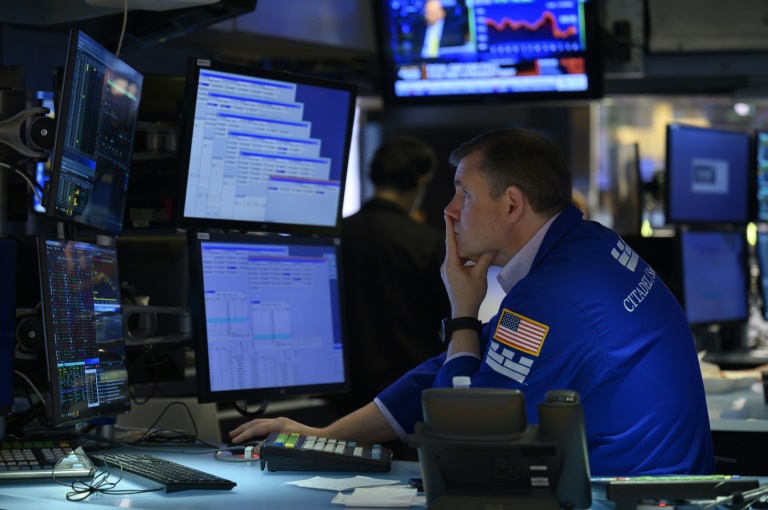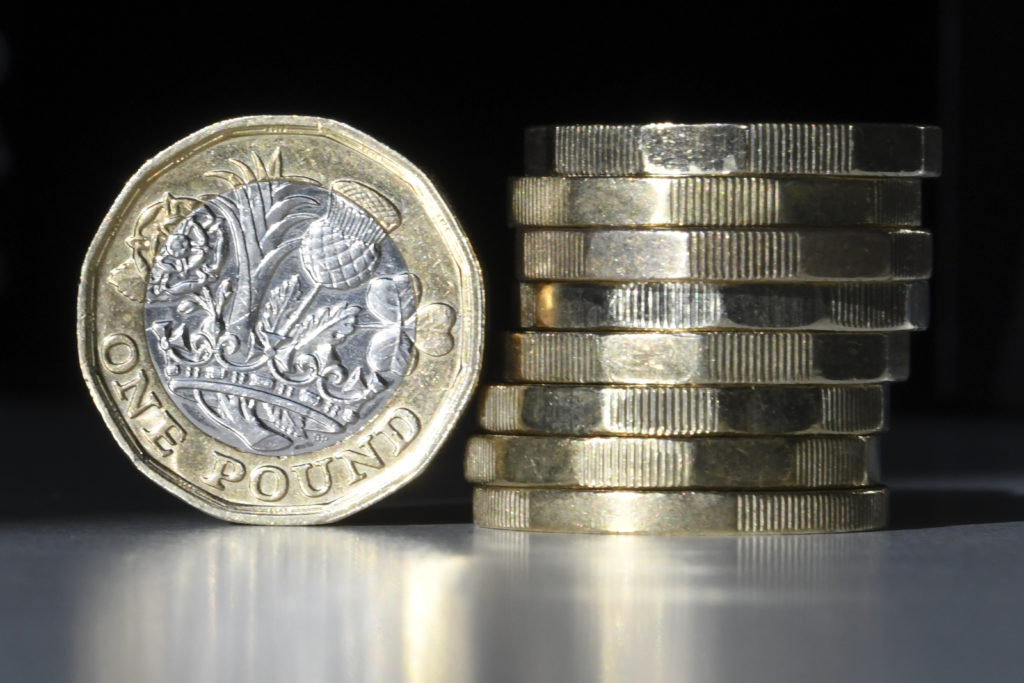The US Federal Reserve has said its decision on the timing and magnitude of the rate hikes will depend on data
European stock markets and the dollar fell Wednesday ahead of a crucial US inflation report that could help set the the pace of future interest rate hikes by the US Federal Reserve.
Analysts warn that if the reading exceeds forecasts, it could increase the possibility of further monetary policy tightening by the Fed, reinforcing expectations for a possible recession.
The US central bank has said its decision on the timing and magnitude of the rate hikes will depend on data, as it attempts to tread a fine line between bringing down inflation from four-decade highs and not choking off recovery.
Recent indicators showing a slowdown in activity had fuelled hopes that the Fed would be less hawkish.
But a bigger-than-predicted jump in US jobs last month revived talk of a third straight three-quarter-point hike in September.
The Fed “will need to make sure inflation moves back towards target sustainably before contemplating pausing its tightening cycle”, said Carol Kong at Commonwealth Bank of Australia.
“A strong inflation outcome today will likely reinforce the (Fed) is still some way away from that point yet, and see markets re-adjust higher their expectations for US interest rates.”
The data on Wednesday come at a sensitive time for world markets, which have been buffetted by the war in Ukraine, supply chain snarls and rising China-US tensions over Taiwan.
While the latest earnings season has been less painful than feared, there are increasing signs that the economic slowdown is beginning to impact companies, with some major firms — including Apple and Amazon — providing downbeat outlooks.
Chip-maker Micron became the latest, saying revenue would likely come in at the low end of its forecasts in the fourth quarter owing to weak demand.
A day before, rival Nvidia unveiled disappointing results.
Elsewhere, oil prices remain stuck around six-month lows, even after news that supplies from Russia to three European countries through Ukraine had been halted as sanctions prohibited the processing of the transit payment.
Crude oil prices have essentially wiped out all the gains seen since Russia’s invasion of its neighbour in February as expectations of a recession hit demand forecasts.
But Edward Moya, analyst at Oanda trading group, said the market would not likely weaken further.
“Whatever crude demand destruction that occurs from a weakening global economy won’t be able to drag down oil prices much lower given how low the supply outlook remains,” he said.
– Key figures at around 1100 GMT –
London – FTSE 100: UP 0.1 percent at 7,491.60 points
Frankfurt – DAX: UP 0.1 percent at 13,553.42
Paris – CAC 40: DOWN 0.1 percent at 6,484.03
EURO STOXX 50: DOWN 0.1 percent at 3,712.82
Tokyo – Nikkei 225: DOWN 0.7 percent at 27,819.33 (close)
Hong Kong – Hang Seng Index: DOWN 2.0 percent at 19,610.84 (close)
Shanghai – Composite: DOWN 0.5 percent at 3,230.02 (close)
New York – Dow: DOWN 0.2 percent at 32,774.41 (close)
Euro/dollar: UP at $1.0237 from $1.0213 Tuesday
Pound/dollar: UP at $1.2091 from $1.2071
Euro/pound: UP at 84.66 pence from 84.57 pence
Dollar/yen: DOWN at 134.97 yen from 135.12 yen
West Texas Intermediate: DOWN 1.3 percent at $89.35 per barrel
Brent North Sea crude: DOWN 1.2 percent at $95.12 per barrel










